The law in Croatia that provides for a “Croats Outside Croatia Day” does not recognise the value Croats living outside Croatia hold for Croatia, but it clearly and loudly points out the arrogance vis-à-vis Croats living outside Croatia that exists in Croatia. The law does not acknowledge nor recognise the fact that Croatians living outside Croatia feel the same for Croatia as those who live in Croatia – it has always been so and so it is now, and the very history of diaspora engagement in the creation of an independent Croatian state is a strong proof of that. Article 9 of the Relations of Republic of Croatia with Croats living outside Croatia Act states that “The Republic of Croatia connects all Croats, both in the Republic of Croatia and those outside the Republic of Croatia…”, and thus, the act of connecting is not an act or task, pursuant to the legislation, equally shared between the Republic of Croatia and Croats outside the Republic of Croatia. The centre of power and decision-making on this issue is with Croats living in the Republic of Croatia, and thus real pluralism and progress on integration of all Croats (homeland, Bosnia and Herzegovina Croats and the diaspora) in Croatia fall into the water irrespective of the fact that there is a governmental advisory body at the government’s office for relations with Croats outside the Republic of Croatia, established in the days of Zoran Milanovic’s government, pursuant to that Act!
Article 10 of the Act reads as follows: “The Croatian Parliament, on the proposal of the Government of the Republic of Croatia, makes a decision on the proclamation of the Croats Outside the Republic of Croatia Day”. There are only three seats in the Croatian Parliament representing Croats outside Croatia, only one of which is currently independent!
This kind of “attention” or consideration towards Croatians outside the Republic of Croatia is condescending and nothing more than paternalistic “patting on the shoulder” of the part of the Croat people who live outside Croatia and are otherwise, by similarities and differences, the same as the Croat people in the Homeland. The fact that within the so-called government advisory has some fifty people from the diaspora, who have had their say in the proposal to activate Croats Outside Croatia Day, does not mean that the dialogue on the proposal is mutually satisfactory or that public discussions about it have enjoyed a full and due process. On the contrary, most Croatians outside of Croatia and their representative organisations in different countries did not have a say in the proposal, nor was a solid part of that population asked about it. Croatia’s government simply pushed this legislation through parliament in 2011 without asking or consulting with the Croatian community outside Croatia!
I personally believe, and I think that many will agree with me here, that the relations between the Republic of Croatia and the Croats outside the Republic of Croatia must be a two-way street in the fullest sense of the word, and many in diaspora are concerned that most of them have not been represented nor included in the making of such decisions and considerations which affect them directly. Such relative inconsideration certainly undermines the influence the diaspora should really have right to, especially when it comes to issues directly related to it.
This is not time for Croatia to celebrate Croatians Outside Croatia Day, it is time for Croatia to repeal from this Act the article dealing with Croatians Outside Croatia Day! It is time to seriously address aspects required for a real integration of the Republic of Croatia with the Croats living outside it, which does not in any way include having a separate Day for celebrating Croats and their merits outside Croatia. Such a Day is counter-productive for real integration.
Not only would the “Croatians Outside the Republic of Croatia Day”, if by misfortune the proposal for it reaches parliamentary voting and passes, diminish the value of the Croatian Diaspora, it will alienate it even more that the so-called “antifascist soldiers” (former communists) have done during the past twenty years.
It was in October 2011 when the HDZ’s then alarmingly worn-out and scandalous government led by Jadranka Kosor pushed through the Croatian Parliament the Act dealing with Croatia’s relations with Croatians outside Croatia. The Act includes an article that says “the Croatian Parliament can vote on government’s proposal for a Croatians Outside the Republic of Croatia Day”. A couple of months later, Zoran Milanovic and Social Democrats came to power, and it was not long before the government established, pursuant to this Act, the Central Office for Croatians Outside Croatia, which contained a formula by which the office would gather some fifty Croats from around the world who would serve as government advisors regarding issues for Croats outside Croatia. But it became immediately apparent that this government formula for relations with Croats outside would pretty much end up as photo opportunity for government officials with Croats from the diaspora than a real, democratic and representative body of Croats living outside Croatia. That is, by the same Act of Parliament, only individuals belonging to some club or association could be nominated as such “advisors” and this automatically meant that majority of Croats living abroad were excluded from this because most do not belong to nor engage with clubs or associations.
The times after year 2000, when the so-called “anti-fascist” (former communists) elements of society took power in Croatia, were the times of especial negation of the Croats outside the Republic of Croatia. This denial/negation grew through concrete and deliberate procedures such as Croatian diplomats throughout the world ignoring those Croats in the diaspora who had contributed significantly towards the creation of the independent and sovereign Croatia, through the spread of lies and false incrimination of the Homeland War and its heroes, through empty but loud calls for the return to the Homeland, and through the adoption of this law on Relationship of the Republic of Croatia with the Croats outside Croatia. All this and much more, in fact, masked and belittled the enduring love, the emotional attachment and loyalty to Homeland Croats living outside Croatia felt and feel. Thousands of Croatian clubs, associations, religious communities outside Croatia always raise the Croatian flag, whether inside or outside their buildings, send their children, grandchildren, great-grandchildren and friends to visit Croatia and visit themselves, send financial assistance to Croatia, invest in Croatia, and put their hands together in prayer for Croatia … In return, Croatia turns a “cold shoulder” to them and considers them second-class Croatians! And now, it will supposedly all be okay if Croatians Outside Croatia Day is proclaimed, for that is the conclusion that can be drawn from what the current siding with the proclamation of this Day says or suggests!
In this move for the proposal for Croatians Outside Croatia Day and the palpable expectation in Croatia that Croats outside Croatia will accept this proposal (Law) without a nuance of criticism is in fact the latest manifestation of the negation of the diaspora. Because, it would seem, we should have a Day that will mark and celebrate the Croats outside Croatia in separate ways as a credible part of the Croatian being! The conditions are being set that Croats will prove to Croatia in this way that they are worthy of the Croatian name. Hence, the status of Croats outside Croatia within Croatia becomes conditional! Conditional by showing and proving their value and merit, every year!
Over the past month, since the move by the governmental Central Office for Croats outside the Republic of Croatia placed into action the proposal for the proclamation for the Croats Outside Croatia Day, to be on August 22, or on the Our Lady (Queen of Croats) feast day, there has been opposition for this Day from within Croatia and within the diaspora. The belief among these prevailed that such a Day will be harmful to and disparaging of everything that has through history been achieved by diaspora for Croatia. It is perceived as counterproductive for the desired integration of Croats in Croatia, Croats of Bosnia and Herzegovina, and of Croats living in the diaspora. It is considered paternalistic towards Croats outside the Republic of Croatia. After these views were publicly expressed came justifications or explanations for such a Day from representatives of the Office for Croats outside Croatia and from this we learned that those who support the introduction of that Day say:
“… it is important to finally determine what is true and what is perception and to recognise the value of the diaspora” (https://m-mojahrvatska.vecernji.hr; 4 March 2019) (and that that is what according to this that Day would achieve!).
It is clear to all, or at least I hope so, that the truth about the (great) value of the “diaspora” can not be determined by having a Day to celebrate Croats outside Croatia because the diaspora has long lived its truth and its values, regardless of whether that is seen in Croatia or not.
Croatians outside Croatia have shown to the whole world their enormous Croatian:
- State-building values – when they employed their dedication to democracy and freedom for Croatia before, during and after the Homeland War and engaged with political lobby for it, organised mass rallies across the world against the Serb aggression upon Croatia and Bosnia and Herzegovina, when they went to Croatia in large number as volunteer defenders of Croatia against military aggression…
- Welfare guardianship values – when they generously donated their hard-earned money during the War towards feeding and defending Croatia in its most difficult times …without this help the establishment of the operating structures necessary to place the mass Croatia’s freedom movement into action and efficiently defend Croatia from Serb aggression would not have been possible …
- Patriotic values through many decades of building and maintaining with own resources their Croatian identity by building Croatian Catholic Centres throughout the world, Croatian churches, Croatian retirement villages and Nursing Homes, schools and studies of the Croatian language, folklore, music, literary pursuits, Croatian media …
Croatian leaders since the time of the Homeland War have been acknowledging and recognising these and all other values Croatians outside Croatia possess. Hundreds and hundreds of Croats from the diaspora, along with Croatians living in Croatia, have been awarded Croatian State medals of honour for their contribution to the Homeland. We do not need a Croats outside the Republic of Croatia Day for this because the recognition of values already exists in appropriate and most dignified ways as started by President Franjo Tudjman from the beginning – as part of Croatia and all Croats.
As for the perceptions of the diaspora Croatians that the mentioned media article refers to, this may have meant the unfortunate and completely wrong and maliciously “carved” perception one sometimes encounters when walking along some of streets in Croatia which tries to tell the people that the diaspora is nationalistic and that all in it are Ustashas? If those promoting Croatians Outside the Republic of Croatia Day think that by having such a Day of celebrations such perceptions will be broken – forget it! This will not happen until communist crimes from the former Yugoslavia are condemned publicly and officially and a ban on communist totalitarian regime symbols is legislated for.
“Some suggest a ‘Day of Croats’ as a nation – to celebrate togetherness – certainly why not. But this is not (and I do not think it should be) the meaning of the Croatians Outside Croatia Day. We want to address the Croatians in Bosnia and Herzegovina, Croats in Vojvodina and Croats around the world …”, said in the above mentioned article a government advisor from the Croatian diaspora. So, if togetherness is not what the government office for relations with Croatians outside Croatia wants to celebrate with the proposed Croatians Outside Croatia Day, and togetherness just happens to be one of the highest values Croats from the diaspora cherish and have always fought for, then what does this tell us? To me this says that the concept and reality of togetherness, of true integration between the Homeland and the diaspora, continues to be diluted.
The government’s advisory office for matters of Croats outside Croatia suggests that Croatians Outside Croatia Day should be celebrated on the day of the Virgin Mary (Queen of Croats), while at the same time some are trying to tell the public that by that, it would have the same meaning as celebrating St Patrick’s Day means to the Irish all over the world. They say that this is because Croats in diaspora, in Bosnia and Herzegovina have “a large number of our parents from the territory of the Republic of Croatia and BiH and we grew up with the long-standing tradition of worshiping the Blessed Virgin Mary and in times of hardship and trouble people turned to Her for help …”. Yes indeed, but it is also true that an even larger number of emigrant Croats have in days of need, hope and distress turned to the Heavenly beings of Croatian origin such St. Nikola Tavelic, St. Leopold Mandic, Blessed Alojzije Stepinac … So why, I read in Croatian regular and social media, if for this purpose Croats are being compared to the Irish and St Patrick is there a move in this unfortunate state of affairs around having a Day for Croats outside Croatia to distance Croats from their own Croatian saints to whom they have built churches and centres around the world!?
Recognising the mutual contribution and dependence of the Diaspora and Croatia can provide a firm basis for discourse to shape the character of true integration in the 21st century and to ensure the survival of Croatian identity. An essential condition for such discourse would be an emergence of a new, mature attitude in Croatia toward Croatian life in the diaspora, in Bosnia and Herzegovina. For that, a substantial increase of seats in Croatian Parliament that represent Croats outside Croatia is essential; just as essential as reviewing the currently patronising law on relations between Croatia and Croats living outside it. Ina Vukic
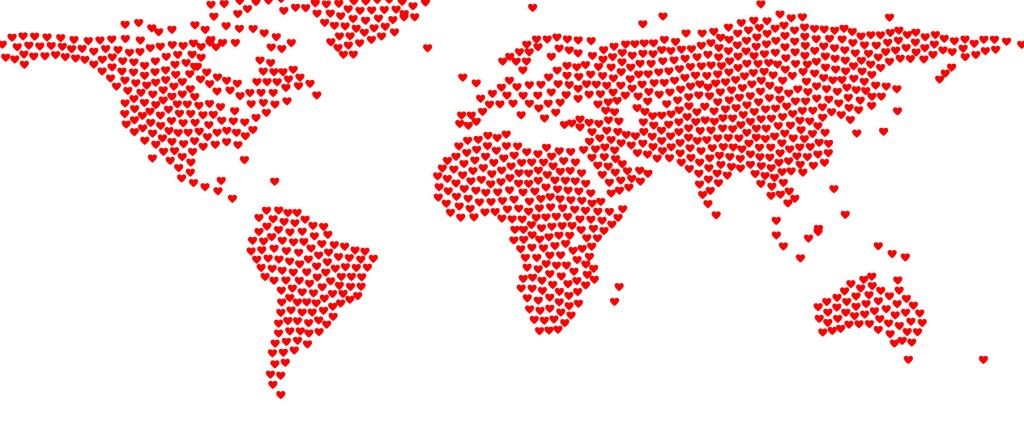



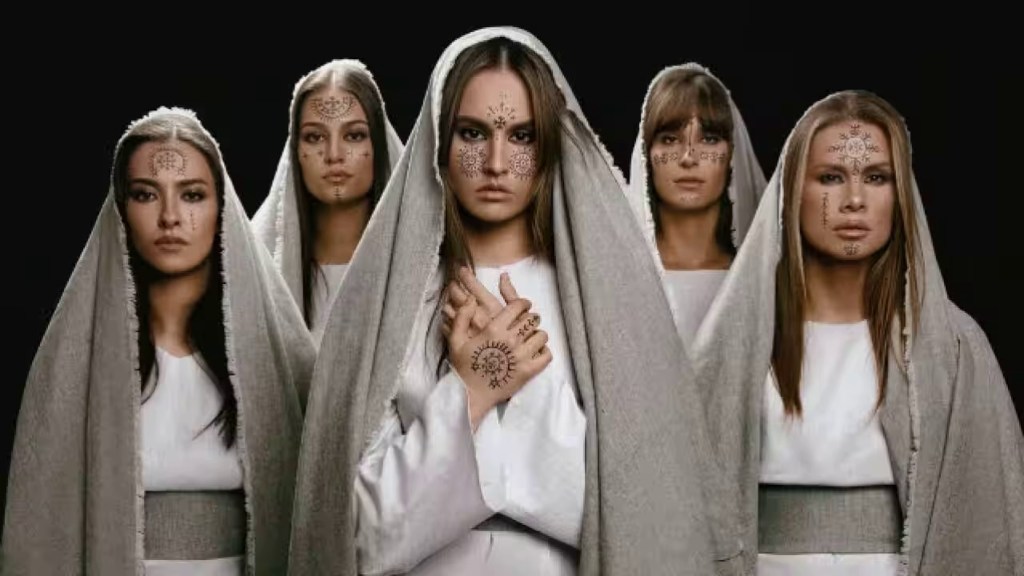
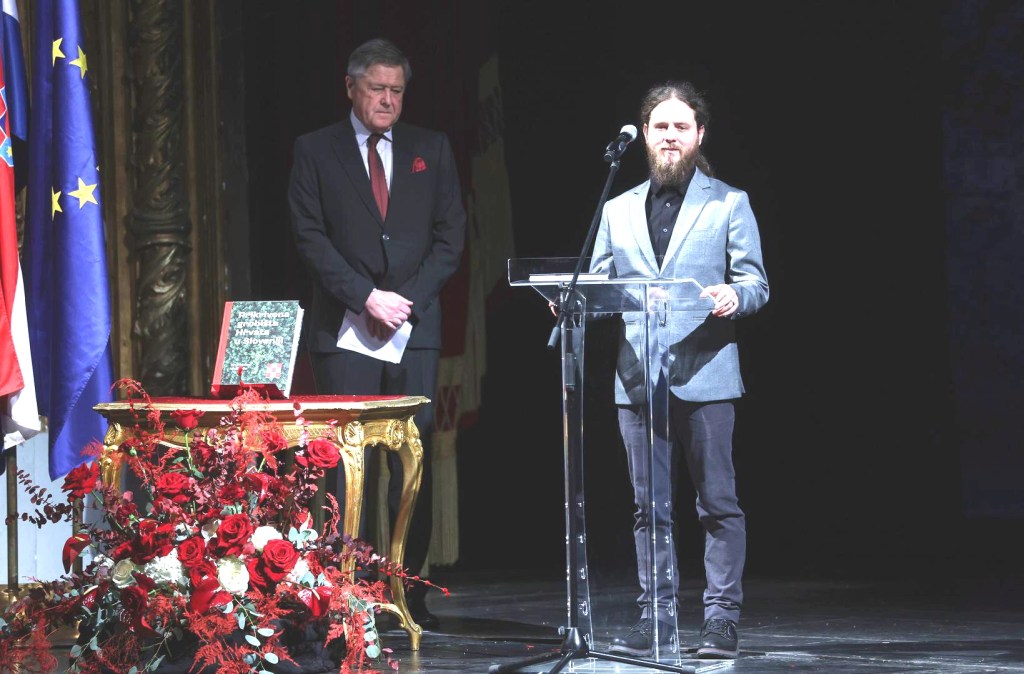
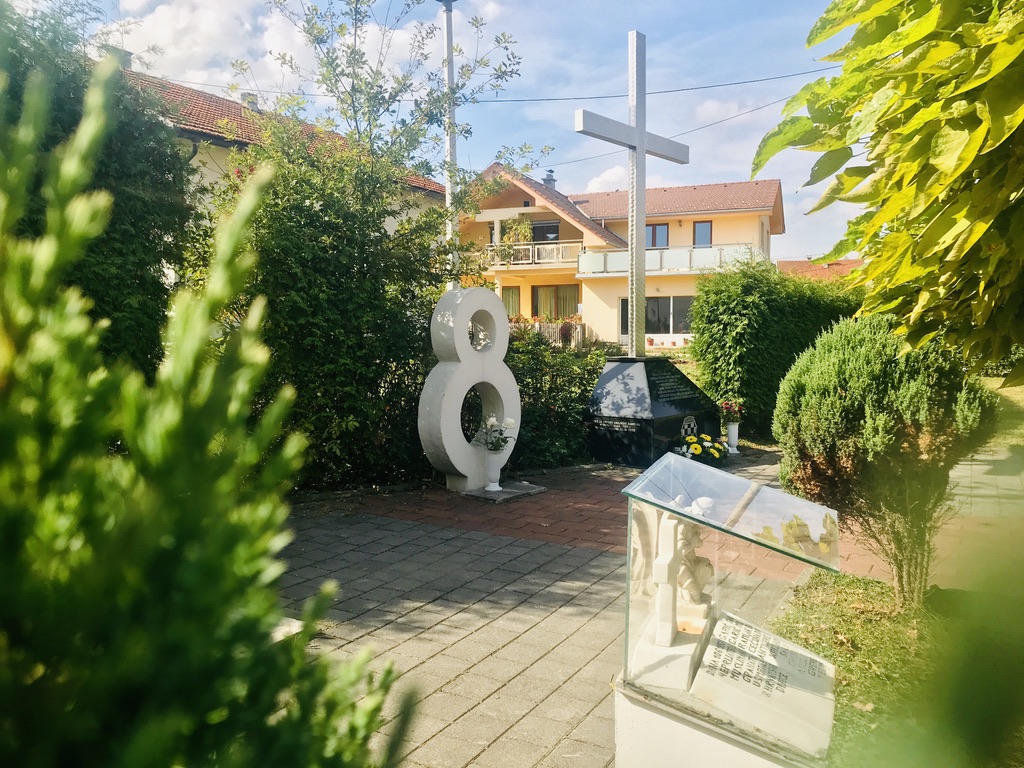
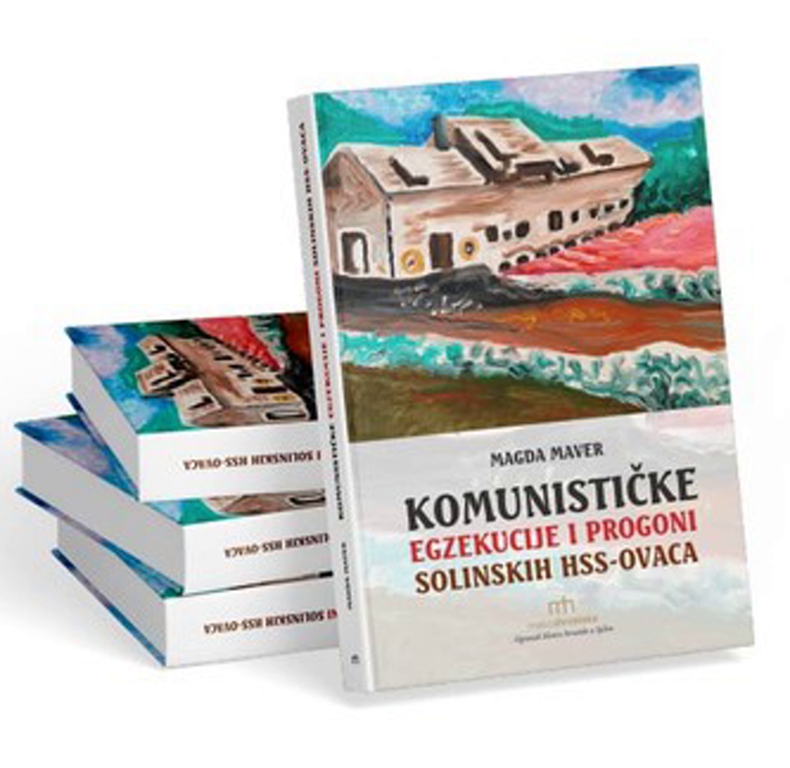

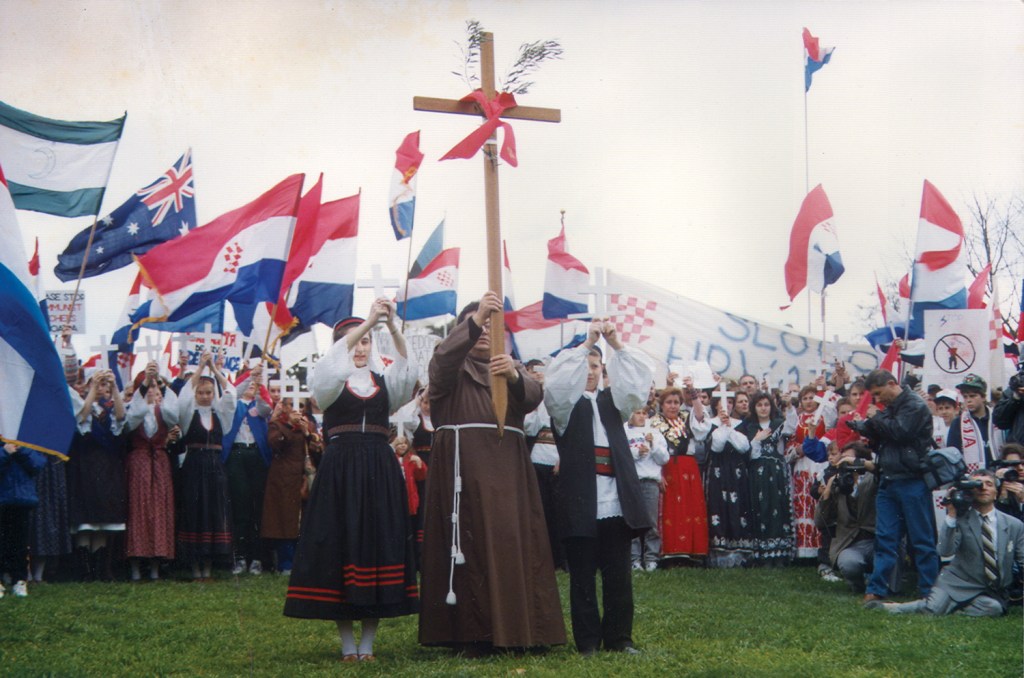
Leave a reply to Joseph Cancel reply